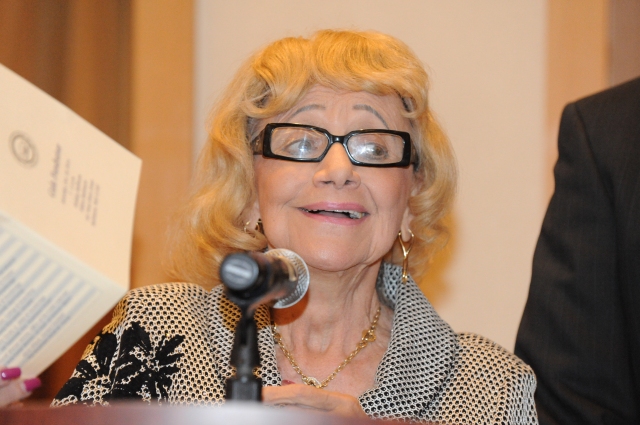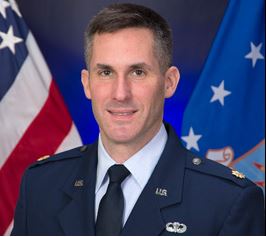Dan Rodricks’s April 26 Baltimore Sun column, “Pain, anger and a plea for parole,” described an open parole hearing for Carleana Kirby, a client of UB’s Juvenile Justice Project.
Kirby was 15 in 1998 when, during a botched robbery of a bar in Southwest Baltimore, she fatally shot server Terry Ambrose. Charged as an adult with felony murder, Kirby was sentenced to life in prison, with all but 50 years suspended.
Rodricks described the scene earlier this week at the Maryland Correctional Institution for Women in Jessup at Kirby’s first parole hearing. Ambrose’s daughter, Crystal Ambrose, gave a “sobbing, trembling, anguished and bitter narrative of her life since the night of Feb. 11, 1998,” Rodricks wrote.
Ambrose clutched a piece of paper with bullet points, including one that said: “You want to get out [of prison] at 35 to start your life? Her life ended at 35.”
The victim’s daughter implored the parole commissioners to deny Kirby parole. They did. Kirby is eligible for another hearing in 10 years. The decision cannot be appealed.
In a letter published in The Sun the following day, former Juvenile Justice Project clinical fellow Eve Hanan and current fellow Lila Meadows said Rodricks’s column offered a rare glimpse into the emotionally charged environment of open parole hearings but failed to mention the “larger context” in which the exchanges take place:
“The Maryland Parole Commission’s procedures for open parole hearings create an environment that is dehumanizing and traumatic for victims and for offenders, who spend decades working to become productive members of society only to learn that parole is rarely granted, especially if the victim opposes release. This works an injustice in many cases, and is likely unconstitutional in cases involving juveniles serving life sentences.”
The Maryland Parole Commission has strict rules for open parole hearings. Only statements from the victim’s family are permitted. No one can speak on behalf of the prisoner. While prisoners themselves are allowed to speak, they must be seated so they cannot see, or make eye contact with, the victim’s family.
“Forbidden to speak at the hearing are our clients’ family members, clergy, correctional officers, attorneys and other supporters who can speak to the change they’ve seen over the years as these juvenile lifers have quite literally grown up in prison,” Hanan and Meadows wrote.
Moreover, they noted, the Maryland Parole Commission is required as a matter of state and constitutional law to consider, in cases like Kirby’s, “the unique attributes of youth that render adolescents both less culpable and more likely to change into better people over time.”
The U.S. Supreme Court has “made it clear that we must look beyond the circumstances of the crime when deciding whether a juvenile lifer such as Ms. Kirby deserves a second chance,” Hanan and Meadows wrote. “The parole commission must look beyond the pain and anger that are ever-present in many open hearings to make a deeper, legally mandated inquiry into the change our clients have undergone after decades of incarceration.”
Learn more about the Juvenile Justice Project.










